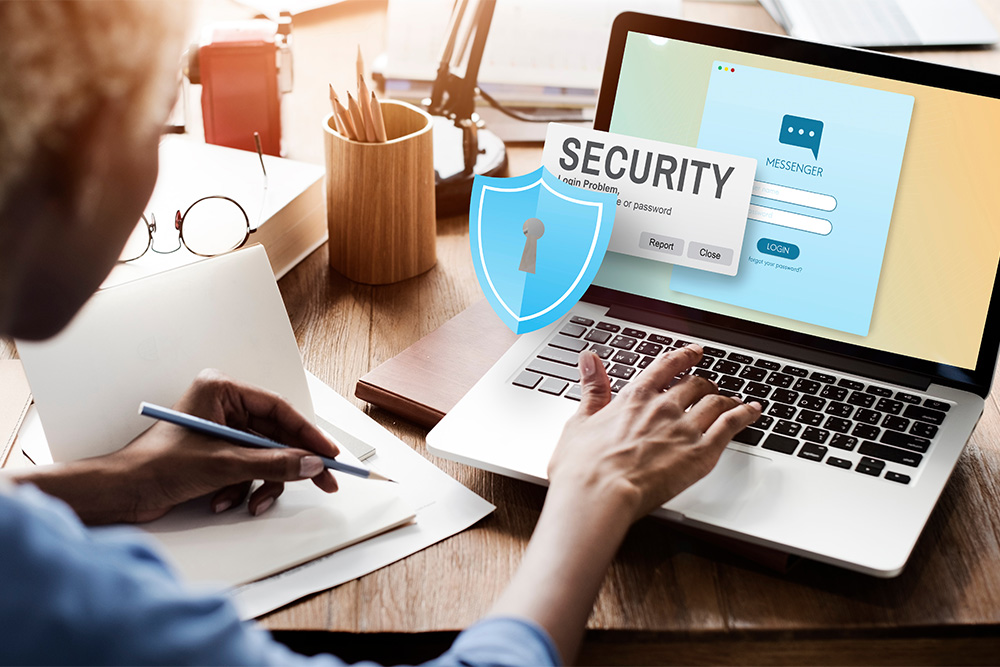In today’s digital age, where almost everything we do is connected to the internet, cybersecurity has become more important than ever. Cybercrime is expected to cost the world a staggering $10.5 trillion annually by 2025, according to research from the World Economic Forum. Beyond financial losses, the human impact is equally alarming. Over 59% of teenagers have experienced cyberbullying, as highlighted by studies from DataProt, and phishing attacks account for 36% of all data breaches globally, as reported by StationX. These statistics emphasize the urgent need for individuals to take proactive steps to protect themselves online.
Every time you shop online, check your email, or scroll through social media, you’re sharing bits of personal information. This could include your name, address, credit card details, or even your location. Cybercriminals are constantly on the lookout for ways to exploit this information for financial gain or other malicious purposes. A single data breach can lead to identity theft, financial loss, or even emotional distress. Here are ways you can stay safe online.
Use strong passwords
Your passwords should be a mixture of letters, numbers, and special characters to ensure they are not easily guessed. Avoid using common information like birthdays, pet names, or sequential numbers. Consider using a reputable password manager to securely store and generate unique passwords for each of your online accounts.
Enable two-factor authentication (2FA)
This feature adds an additional layer of security by requiring you to provide a second form of verification, like a code sent to your phone or email, alongside your password. For even better security, use an authenticator app instead of text message codes, as these apps are less susceptible to interception.
Be cautious with public Wi–Fi
Public Wi-Fi networks, such as those in coffee shops or airports, are often unsecured and prone to cyberattacks. Avoid accessing sensitive information like online banking or emails when using public Wi-Fi. If you must use it, a Virtual Private Network (VPN) can help encrypt your connection and keep your data private. Enable WPA3 encryption if available.
Think before you click
Take extra care when clicking on links or downloading attachments from emails, especially those claiming to be urgent or from unknown sources. Always check the sender’s email address and hover over links to see where they’ll take you. Fraudulent websites can often look legitimate but may have slight discrepancies in their URLs.
Keep Your Software Updated Enable automatic updates on your devices to ensure you always have the latest security patches. These updates fix vulnerabilities that hackers can exploit. In addition to your operating system, ensure your apps, browser, and plugins are also updated regularly.
Limit what you share online
The less personal information you share on social media, the better. Avoid posting sensitive details like your home address, phone number, or vacation plans. Cybercriminals can use such information for targeted attacks like social engineering or burglaries.
Use antivirus software
According to Data Guard regularly updating software and keeping data backed up are also crucial steps, A reliable antivirus program can detect, block, and remove malware or other malicious software before it compromises your system. Run regular scans on your devices and make sure your antivirus definitions are up to date. Many antivirus programs also offer additional tools like firewalls and safe browsing options.
Cybersecurity isn’t just about technology; it’s also about awareness. Staying informed about the latest threats and best practices significantly reduces your risk of falling victim to cybercrime. Educate yourself about phishing, ransomware, and other cyberthreats. Share this knowledge with your family and friends to create a community that values digital safety.
In conclusion, protecting your personal information online is not just about avoiding financial loss—it’s about safeguarding your identity and peace of mind. By following these tips and staying vigilant, you can navigate the digital world with confidence. After all, in the battle against cybercrime, knowledge is your best weapon. Stay safe out there!




